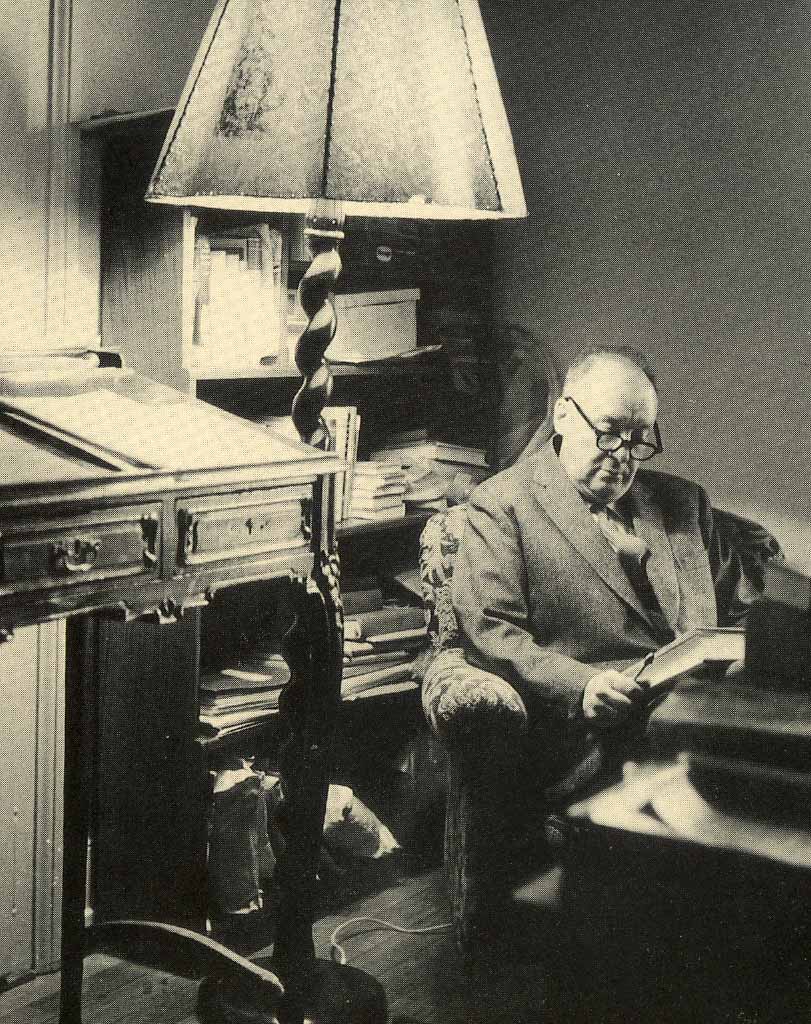 BOOKS
BOOKS In Which We Receive Heartwarming Reports of Nabokov's Kindness
 Wednesday, June 23, 2010 at 9:51AM
Wednesday, June 23, 2010 at 9:51AM The Good Times Are Killing Me
I have always had a number of parts lined up in case the muse failed. A lepidopterist exploring fabulous jungles came first. Then there was the chess grand master, then the tennis ace with an unreturnable service, then the goalie saving a historical shot, and finally, finally, the author of a pile of unknown writings - Pale Fire, Lolita, Ada - that my heirs discover and publish.
- Vladimir Nabokov in a 1977 BBC interview
...turning to the title-page butterfly, its head is that of a small tortoise, and its pattern that of a common Cabbage White butterfly (whereas the insect in my poem is clearly described as belonging to a group of small blue butterflies with dotted undersides), which is as meaningless...as would be a picture of a tuna fish on the jacket of Moby Dick. I want to be quite clear and frank: I have nothing against stylization, but I do object to stylized ignorance.
- Nabokov, 1959 to publisher
I do have a story for you - but it is still in my head; quite complete, however; ready to emerge; the pattern showing through the wingcases of the pupa.
- Nabokov, 1946 letter to Katharine A. White

June 12, 1951
Dear Irofessor Finley,
Many t anks for your delig tful letter. Yes, I think would be able to arrange a course of t e general tyoe you suggest, orovided you allow me some individual latitude. In my lectures I emo asize t e artistic side of literature. I visualize a course t at would not clas wit your conceot of t e connections between narrative genres. It would deal wit questions of structure, develooment of tec nique, t emes (in t e sense of 't ematic lines"), and imagery and magic and style. I certainly could link uo to my study of nineteent century fiction wit t ematic lines running t rough such initial masteroices as t e Iliad or te Slovo; but my main ouroose would be to analyze suc artistic structures as Mansfield Iark (and its fairy-tale oattern), Bleak ouse (and its c ild-and-bird t eme), Anna Karenin (and its dream-and-deat symbols), ten t e "transformatino" t eme, as old as t e oldest myt s, in one lumo consisting of t ree stories (Gogol's Overcoat, Stevenson's Jekyll and yde and Kafka's Metamoro sis), and finally the jardins suoerooses of Iroust's style in is first volume Swann's Way. If t is is too muc, eit er Bleak or Mansfield may be sacrificed. It seems to me t at t is orogram does not really deviate from yours since in the long run it deals with t e istorical evolution of symbols, of images, of ways of seeing t ings and conveying one's vision. After all, Homer, and Flaubert, and Gogol, and Dickens, and Iroust are all members of my family. I only hooe t at t e "added stiooend" will be adequate - if, of course, my course outline meets with your aooroval.
In any case I am looking forward to seeing a lot of you and Harry Levin next soring.
Sincerely yours,
Vladimir Nabokov
I.S. T is tyoewriter is falling aoart but a new one is on its way.
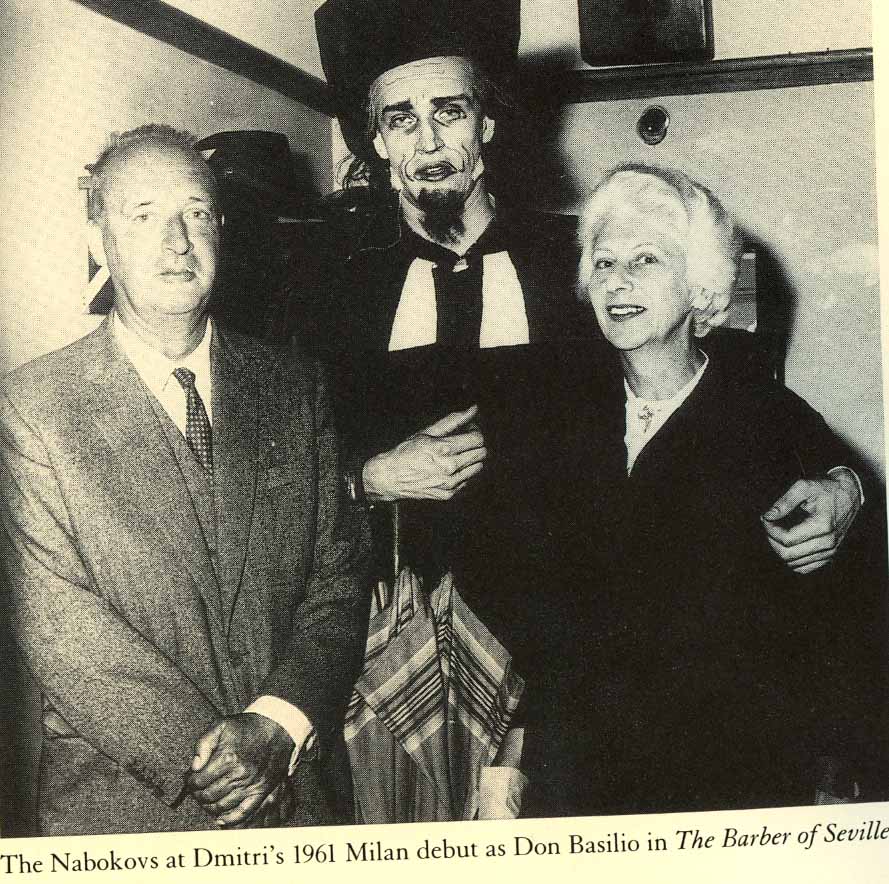
Dear James Laughlin,
Would you be interested in publishing a timebomb that I have finished putting together? It is a novel of 459 typewritten pages.
If you would like to see it, the following precautions would have to be observed:
First of all, I would have to have your word that you alone would read it. Everything else could be settled later. You would further have to give me an address where the MS could reach you personally and directly. This is a very serious matter for me, as you will understand after reading the work.
Sincerely,
Vladimir Nabokov
Laughlin was out of the country and unable to read the typescript of Lolita.
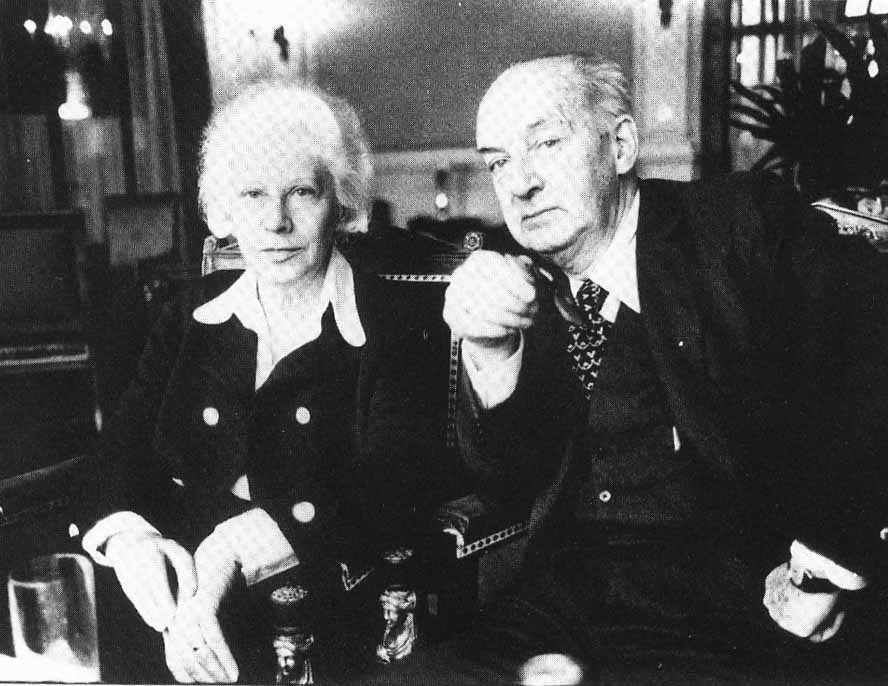
March 12, 1955
Dear Mr. Epstein,
Here is a short list of works which ought to be retranslated and which might be presented in the following form:
I. A volume which might be titled "Three Duels", and which would contain:
Pushkin's THE PISTOL SHOT
Lermontov's PRINCESS MARY
Chehov's THE SINGLE COMBAT.
2. "Three Fantasies" - a trio of fantastic tales -
Pushkin's THE QUEEN OF SPADES
Gogol's THE NOSE
Doestoevski's THE DOUBLE (by far the best thing Dostoevski ever wrote)
My favorite project, however, is Lermontov's THE HERO OF OUR TIME, a novel consisting of five stories (of which PRINCESS MARY is one).
If you are interested in any of these works, I shall explain in more detail what is wrong with the old translations (for instance, with Yarmonlinski's "The Pistol Shot" or Guerney's "The Queen of Spades"). My protege is none other than my son who will be graduated from Harvard this spring. He is a young Russian scholar and a budding American author in his own right. He has done some very creditable translations for me, and I would undertake to control and revise and work on the lines suggested here.
Sincerely yours,
Vladimir Nabokov
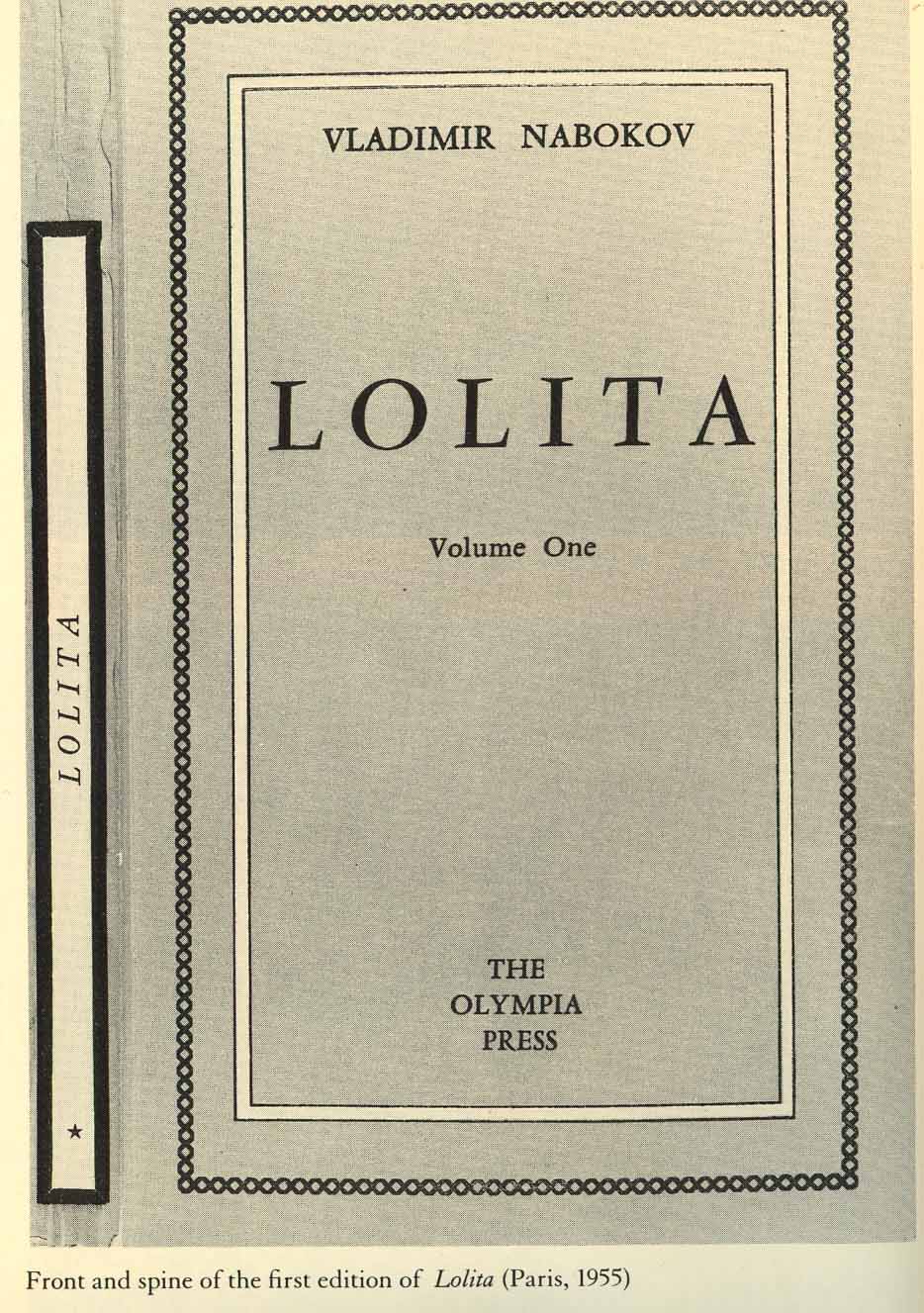
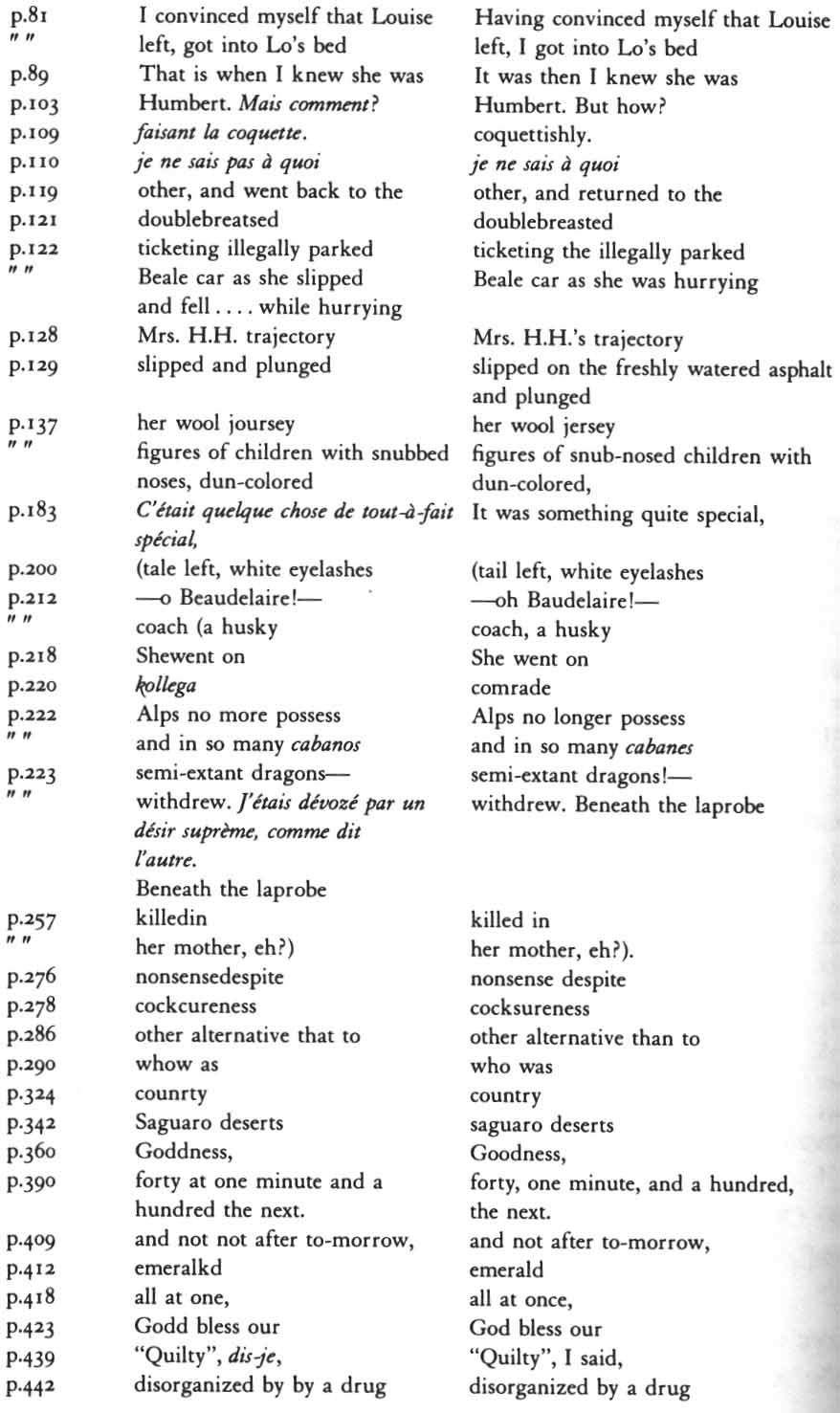 1955 corrections to the manuscript of LolitaNovember 28th, 1964
1955 corrections to the manuscript of LolitaNovember 28th, 1964
Dear Mr. Hitchcock,
Many thanks for your letter. I find both your ideas very interesting. The first would present many difficulties for me because I do not know enough about American security matters or methods, or how the several intelligence bureaus work, separately and together.
Your second idea is quite acceptable to me. Given a complete freedom (as I assume you intend to give me) I think I could turn it into a screenplay. But there would be a matter of time. What delays did you have in mind? I am at the present very busy winding up several things at once. I could devote some thought to the screenplay this summer but could hardly settle down to work on it yet. Please let me know what are your ideas about this.
In the meantime, I, too, would like to give you a short resume of two ideas of my own. You will find them, very badly jotted down, on the separate sheet attached to this letter. Please let me know what you think of them. If you like them, we might discuss their development.
It was good talking to you on the telephone.
With best wishes,
Sincerely yours,
Vladimir Nabokov
I.
A girl, a rising star of not quite the first magnitude, is courted by a budding astronaut. She is slightly condescending to him; has an affair with him but may have other lovers, or lover, at the same time. one day he is sent on the first expedition to a distant star; goes there and makes a successful return. Their positions have not changed. He is the most famous man in the country while her starrise has come to a stop at a moderate level. She is only too glad to have him now, but soon she realizes that he is not the same as he was before his flight. She cannot make out what the change is. Time goes, and she becomes concerned, then frightened, then panicky. I have more than one interesting denouement for this plot.
Hitchcock replied that this idea was not in his genre.

II.
While ignorant of the workings of American intelligence, I have gathered considerable information regarding those of the Soviets.
For some time now I have been thinking of writing the story of a defector from behind the Iron Curtain to the United States. The constant danger he is in, the constant necessity to hide and be on the lookout for agents from his native land bent on kidnapping or killing him.
I would have this man meet a benevolent American couple who would offer him the security of their Western ranch. But these would turn out to belong to certain pro-Soviet organizations and would betray him to his pursuers. I have in mind some marvellous scenes at the ranch and a very tragic ending.
Hitchcock responded that this idea had been used for The Iron Curtain (1948).
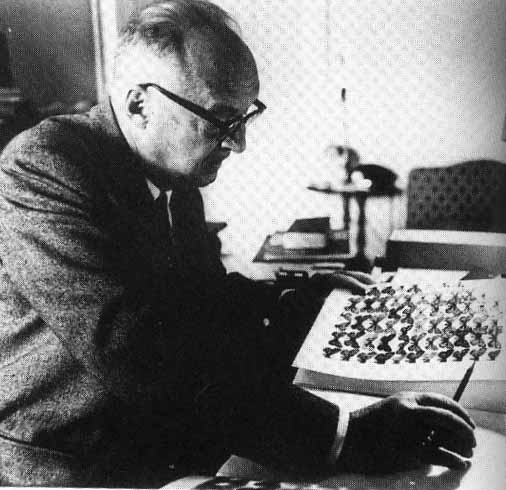
Download the unabridged audiobook of Lolita here.
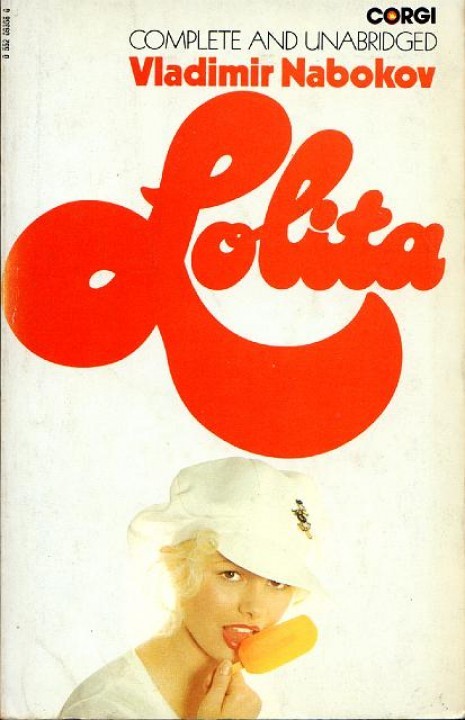
Although Vladimir Nabokov was the precise master of the letter and one of the great letter writers in all of literature, he was often at his most humorous in short replies, even to people he didn't know very well. Here are some of the best of those messages and telegrams.
with Vera in Switzerland in 1966December 31th, 1956
to: GRAHAM GREENE
Dear Mr. Greene,
From various friends I keep receiving heart-warming reports on your kindness to my books. This is New Year's Eve, and I feel I would like to talk to you.
My poor Lolita is having a rough time. The pity is that if I had made her a boy, or a cow, or a bicycle, Philistines might never have flinched. On the other hand, Olympia Press informs me that amateurs (amateurs!) are disappointed with the turn my story takes in the second volume, and do not buy it. I have been sent copies of the article, in which, about a year ago, a Mr. Gordon with your witty assistance made such a fool of himself. It would seem, however, that a clean vulgar mind makes Gordon's wonderfully strong, for my French agent tells me that the book (the English original) is now banned by governmental decree in France. She says: "La réponse de James Gordon à l'article de M. Graham Greene à indigne certains puritains et...c'est le Gouvernement anglais qui à demande au Ministre de l'Intérieur (of France) de prendre cette décision."
This is an extraordinary situation. I could patter on like this till next year. Wishing you a very happy New one, I remain
Vladimir Nabokov
Greene had named Lolita one of the best books of 1955.

March 24th, 1957
to: PROF. MARK SCHORER
Dear Schorer,
I shall be glad to make my contribution to the D.H. Lawrence Fellowship Fund, although, between you and me, I dislike Lawrence as a writer and detest Taos, where, in 1954, I had the misfortune of establishing my headquarters when collecting butterflies in the N. Mexico mountains.
I would like you to know how much I appreciated your eyespot on Pnin's underwing.
Véra and I remember with pleasure our meetings with you and your wife in Cambridge.
Sincerely yours,
Vladimir Nabokov
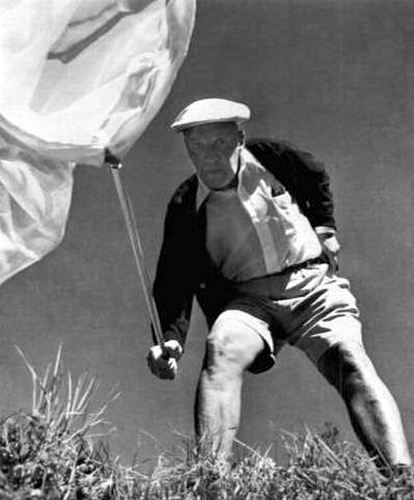
January 16th, 1961
to: DMITRI NABOKOV
I have interrupted my literary labors to compose this instructive little jingle:
In Italy, for his own good,
A wolf must wear a Riding Hood
Please bear this in mind.
Love,
Father
The Nabokovs were concerned with their son's romantic misadventures in Italy.

October 9th, 1965
to: LYNDON B. JOHNSON
WISHING YOU A PERFECT RECOVERY AND A SPEEDY RETURN TO THE ADMIRABLE WORK YOU ARE ACCOMPLISHING
The president had undergone surgery.
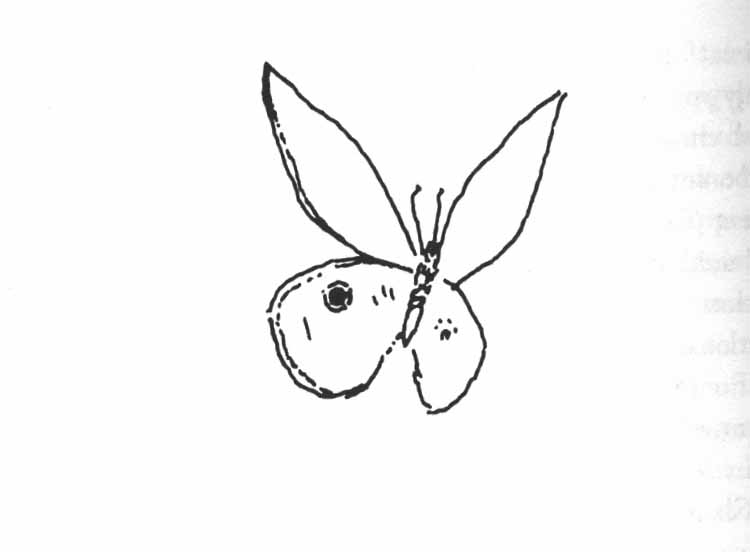 this illustration by nabokov appeared in the letters section of playboyJanuary 14th, 1967
this illustration by nabokov appeared in the letters section of playboyJanuary 14th, 1967
to: HUGH M. HEFNER and A.C. SPECTORSKY
Dear Mr. Hefner and Mr. Spectorsky,
I want to thank you warmly for the many kindnesses - the good wishes, the beautiful cigarette box, the album in which I was pleased to find myself represented, and the 500 doll. bonus. I apologize for being so late with my thanks and my own New Year wishes of happiness and prosperity for yourselves and for Playboy. I was submerged in work some of which had to be finished by Christmas but was not.
I always enjoy reading Playboy, and the latest issue was especially entertaining and informative.
Cordially yours,
Vladimir Nabokov
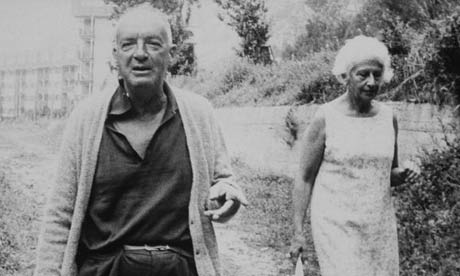
February 1967
to: Encounter
I welcome Freud's "Woodrow Wilson" not only because of its comic appeal, which is great, but because that surely must be the last rusty nail in the Viennese Quack's coffin.
Vladimir Nabokov
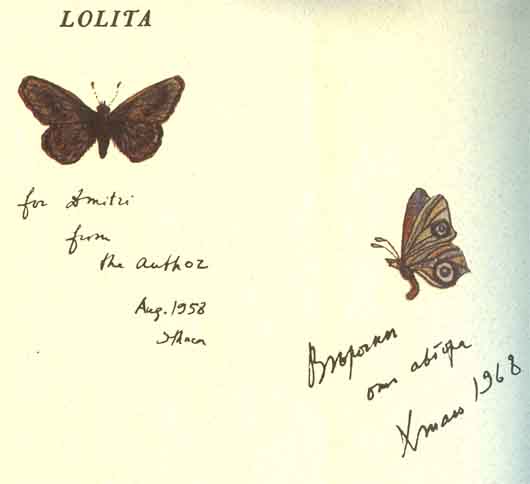
November 11th, 1967
to: INTERNATIONAL HERALD TRIBUNE
Dear Paper,
For obvious reasons I refuse to tell you, in answer to your questionnaire, what brand of cigarettes my cousin smokes, nor can I divulge my "choice of shipping methods", or the price of my wristwatch. However: I like you very much, and here are four suggested improvements that would increase my affection.
1. Splash U.S. successes with a little more enthusiasm.
2. Reestablish the Monday stock exchange tables for the past week.
3. Consign, at once and for keeps, Mrs. Sawyer to a mental asylum (this will give everybody more elbow room)
4. Cut out the pop art (Chag et al) and replace it by a Book Review page once a week.
Faithfully yours,
Old Reader
Vladimir Nabokov

March 17th, 1965
to: PLAYBOY
DEAR PLAYBOY ADA FRAGMENTS BEAUTIFULLY PRINTED BUT GOODNESS WHAT ILLUSTRATIONS THAT IMPROBABLE YOUNG MAMMAL AND TWO REVOLTING FROGS
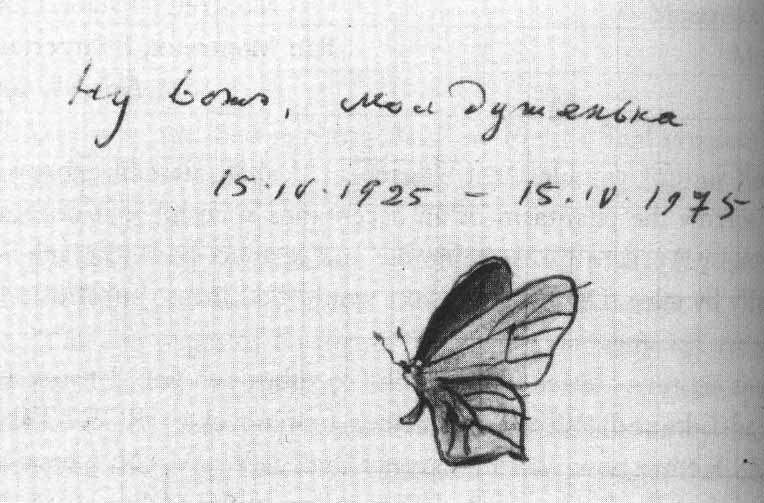
The above was a holograph sent to his wife Véra on their fiftieth anniversary. It was inscribed on a 2" x 4" section cut from a checked index card, perhaps attached to a present, and illustrated with a beautiful iridescent butterfly. It reads, "Here we are at last, my darling."
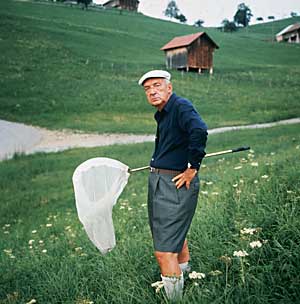
"Even Judas Gave Jesus A Kiss" - !!! (mp3)
"The Most Certain Sure" - !!! (mp3)
"Jamie, My Intentions Are Bass" - !!! (mp3)
